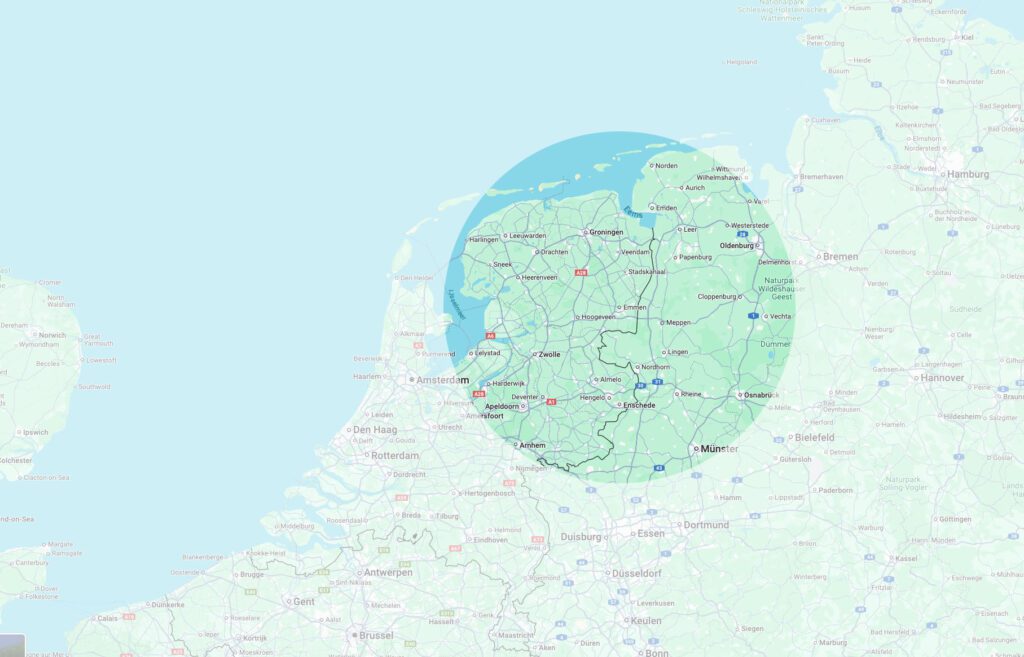
Promofer: state-of-the-art in biobased waste treatments
PROMOFER will address the improvement of fermentation processes and downstream purification for the production of biobased bioplastics as PHB(V) and biobased polyurethane by valorising two kinds of feedstock (lignocellulosic biomass and food industry residual streams). Increasing the yield and productivity of these processes are essential for an introduction of the biobased products into the market.
In this context, the PROMOFER project will establish different strategies for improving the different bottlenecks present at the industrial level in the production processes of two highly valuable compounds for the biobased market, such as PHBV and 2,3-BDO.
PROMOFER will contribute to significant knowledge advancements in state-of-the-art biobased waste treatments, improvements in strain capacities, uses of biocatalysts, process designs, and downstream processes.

Our contribution to the project
Our task in this project is to evaluate agrifood side streams for PHBV production in an area of 150 km around Emmen. The Promofer project has a wide scope, offering us many opportunities to develop the next steps in quality control on the feedstock and extraction sides. We are also creating new analysis software to integrate in both pilot plants.

Bold cooperation
With bold cooperation being one of our key values, we always incentivize new stakeholders to align with our projects. Our partner, Looop, decided to join forces with us in this project because they are one of the most innovative and circular-minded suppliers of agrifood sidestreams in our country. Looop brings organic side streams back into the food chain as animal feed, raw materials for pet food and bio-based products, among other things. Looop also has a very strong focus on partnerships.
Partners
AIMPLAS, IRIAF, U College Dublin, Biobase Europe Pilot Plant, Celignis, Novamont, Vegea, PDC, HellaBiom, ETAM, Right-click.
Time frame
The project started in June 2024 and will run for four years.

The project is supported by the Circular Bio-based Europe Joint Undertaking and its members. Funded by the European Union under grant agreement No 101157239. Views and opinions expressed are however those of the author(s) only and do not necessarily reflect those of the European Union or CBE JU. Neither the European Union nor the CBE JU can be held responsible for them.

